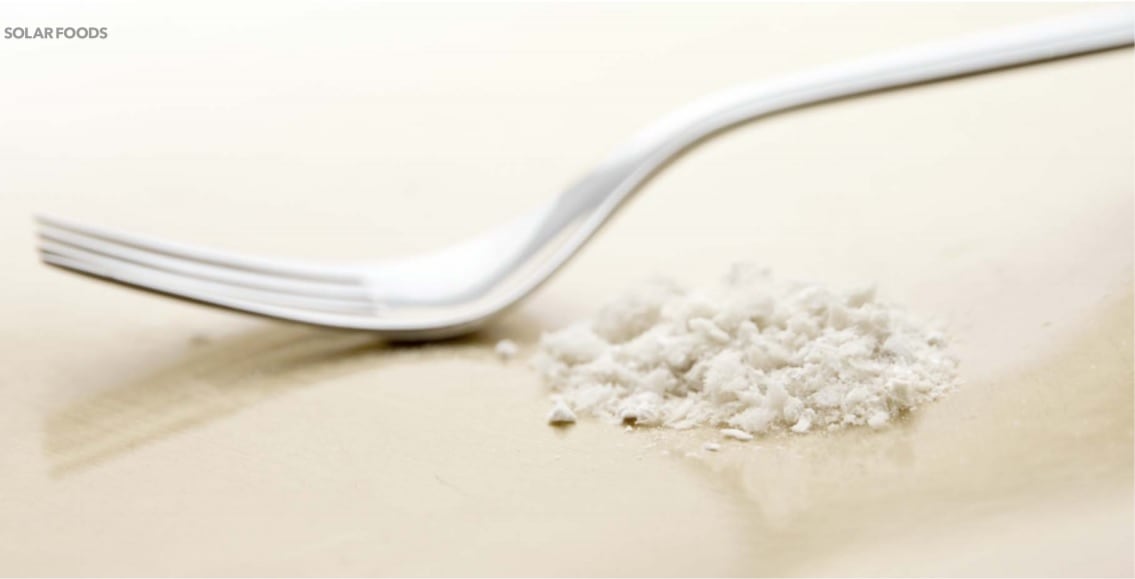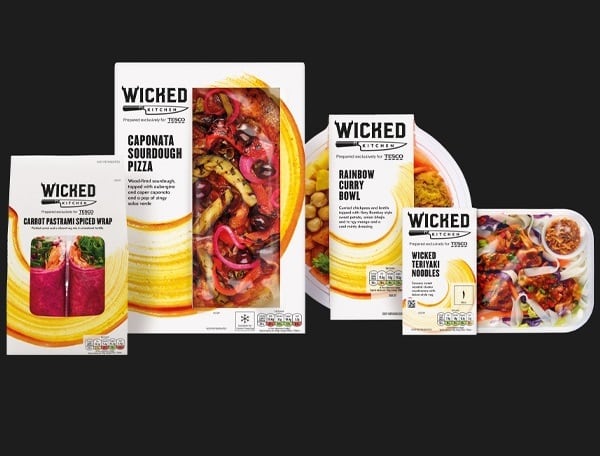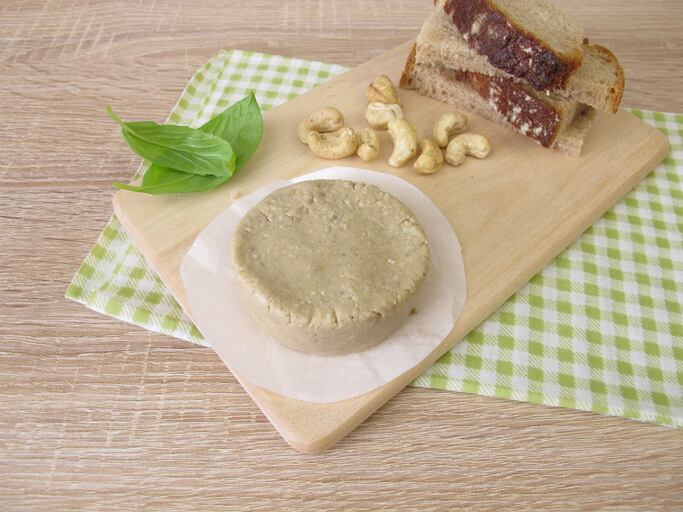City of Light? City of Love? Forget it. The food and beverage industry will have more important things on its mind as it rendezvous at the 33rd Fi Europe & Ni in Paris in December. More than 27,000 visitors are expected, while 1,700 suppliers will be showcasing the latest and most innovative F&B ingredients from all corners of the world.
A big theme of this year’s event is the continuing rise of the health-conscious consumer and its growing appetite for better, sustainably sourced and healthier food options. And with the trend towards vegetarian and vegan continuing to grow, manufacturers are faced with an array of opportunities to tap into the plant protein movement.
This fact has boosted innovation among ingredient suppliers to meet diverse manufacturer demands. A host of international ingredient companies are at FiE 2019 to showcase an array of plant-based proteins including soy protein, wheat protein, pea protein, protein isolate, protein concentrate and textured proteins for application in a host of areas including meat substitutes, bakery, nutritional supplement, beverage and snacks.
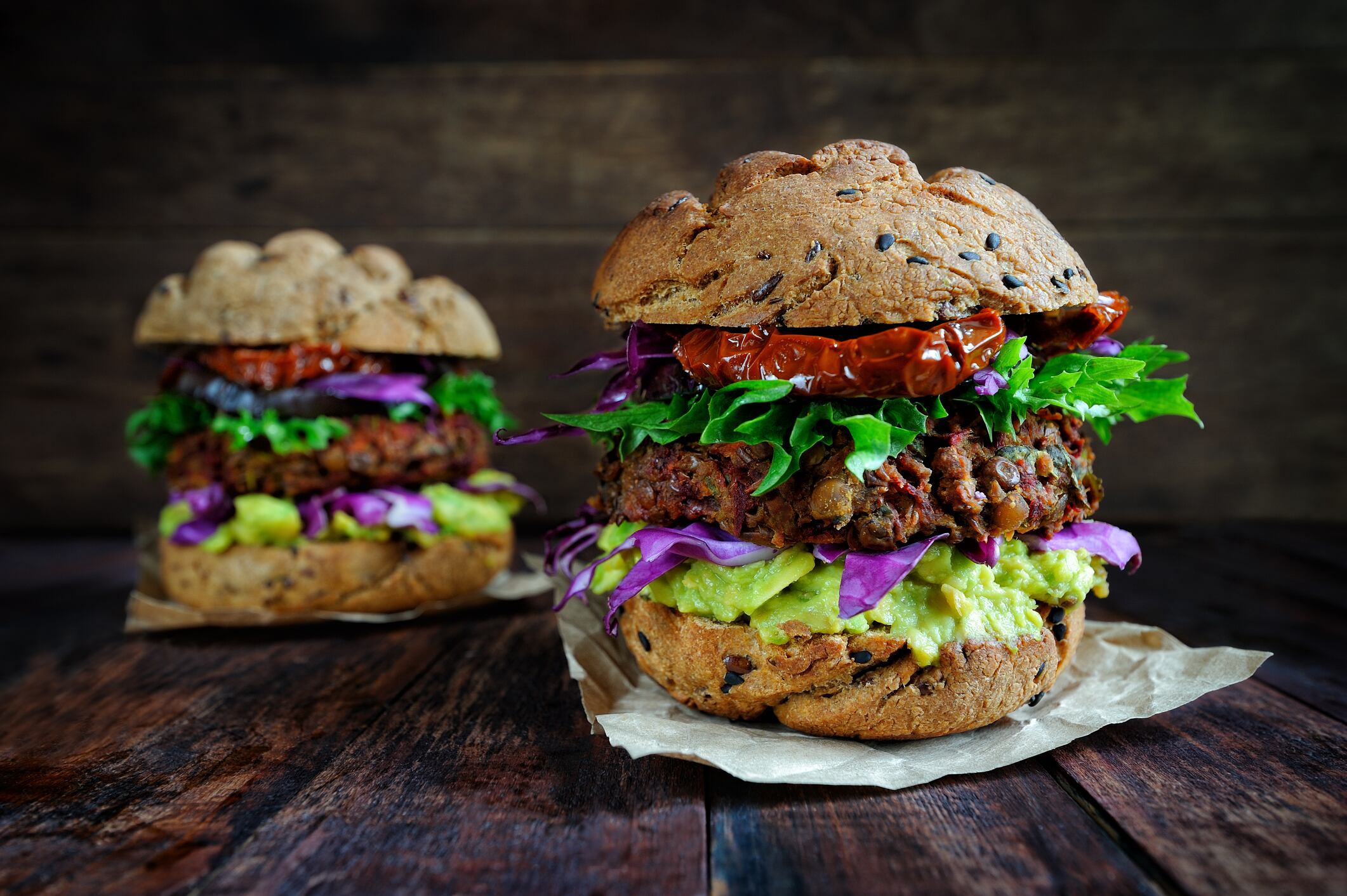
GoodMills Innovation chose FiE as the launch pad for its WHEATMEAT flakes back in 2015. It will be showcasing the product again this year at stand 6E151. WHEATMEAT flakes are made from extruded high-protein wheat fractions. According to the German supplier, the flakes are characterised by their high water binding capacity and are especially suitable for adding texture and structure to bakery and snack fillings as well as for the production of meat-free hamburger patties.
Based on high-protein wheat fractions, the flakes can achieve end products with up to 76% protein, depending on the amount used. Thus, snacks and dishes containing WHEATMEAT flakes can form a valuable part of a healthy diet, particularly for the growing number of vegetarian and vegan consumers.
WHEATMEAT flakes can be used to make plant-based kebabs, burgers and sausages as well as sweet and savoury fillings for pasta, snacks and baked goods.
“By offering tasty meat alternatives and ingredients that are free from allergens and genetic engineering, we are enabling manufacturers to respond to current trends in different ways. Our wide-ranging portfolio is the ideal base from which to create innovative concepts. Whether the aim is health, wellbeing, Clean Label or process optimisation, our products are suitable for versatile demands and positionings,” said Michael Gusko, Managing Director of GoodMills Innovation.
Image: ©GettyImagess-count_kert
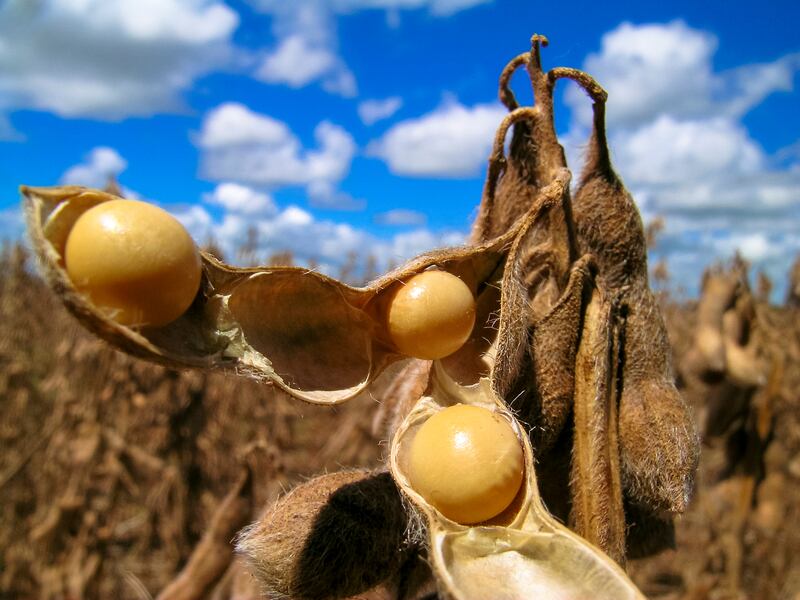
Global ingredients company ADM, well-known in the protein area for its soy based ingredients and edible beans, has recently moved into the fast-growing pea protein space with a 80%+ concentrate, and is developing legume ingredients with at least 80% protein.
It says soya bean, thanks to its neutral taste profile is one of the most versatile ingredients available and can help manufacturers to capitalise on the potential the market has to offer.
At the same time, it says, there is a significant opportunity for manufacturers to reformulate their product lines using ‘new’ and increasingly popular whole food protein sources.
It will be at stand 6B70 in the Food Ingredients zone to demonstrate how its portfolio of plant-based ingredients including soya protein concentrates and textured concentrates, isolated soya proteins, customisable protein crisps, edible bean ingredients, and range of wheat proteins – can help manufacturers produce on trend products.
Image: iStock/alffoto
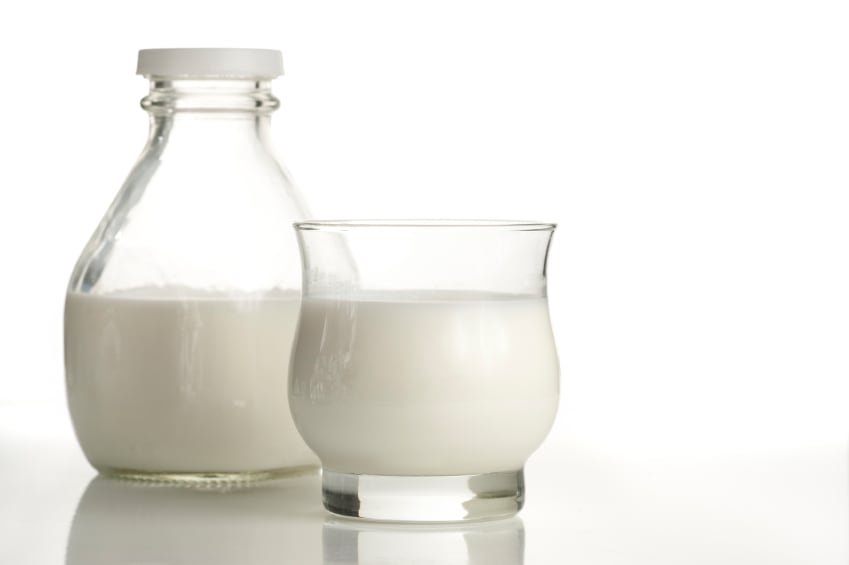

The European Union recently announced its Smart Protein project, which looks to develop novel protein ingredients from sustainable sources such as plants, fungi, and manufacturing by-products.
Examples include upcycling pasta residue, spent brewer’s yeast or bread crusts into microbial biomass proteins that could then be used in a range of foods and drinks, including meat and dairy alternatives, baked goods and infant formula.
Other proteins also could be extracted from the likes of fava beans, chickpeas, quinoa and lentils, with a focus on improving the structure and flavour of finished food products.
The project is due to start in January 2020, and the first products resulting from the initiative are expected to hit supermarket shelves in 2025.
Several global food and ingredient manufacturers at FiE are among the project’s global contributors, including, Chr Hansen (6D60), ProVeg International (stand 7U189) and Glanbia (6C50).
Image: Yeast_dough_ISTOCK
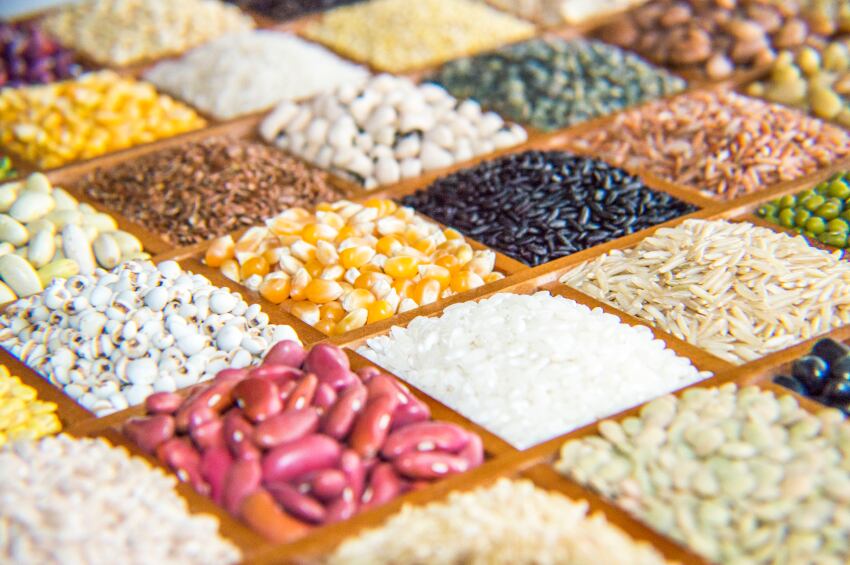
Döhler (6A60) will be presenting its dairy and plant-based Ingredients at this year’s FiE. Döhler also offers plant-based proteins, such as pea and rice protein blends, that supply the body with all the essential amino acids it needs, and taste good, too. Thanks to the use of proteins from high-quality raw materials, supported by natural flavour compositions, the company says the end products – from cereal bars to snack drinks – are characterised by outstanding multi-sensory properties.
Image: iStock.com Omegaforest
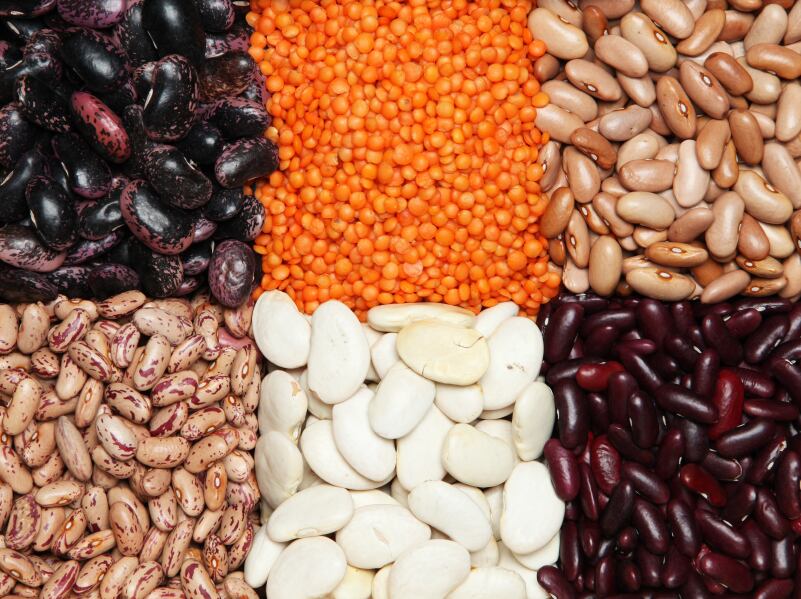
Swiss miller Zwicky specialises in making high-protein pulses, soya products and cereals. All its products are vegetarian, more than 98% are vegan. It’s at stand 7H82 in the Natural Ingredients zone displaying its new muesli varieties.
Image: iStock
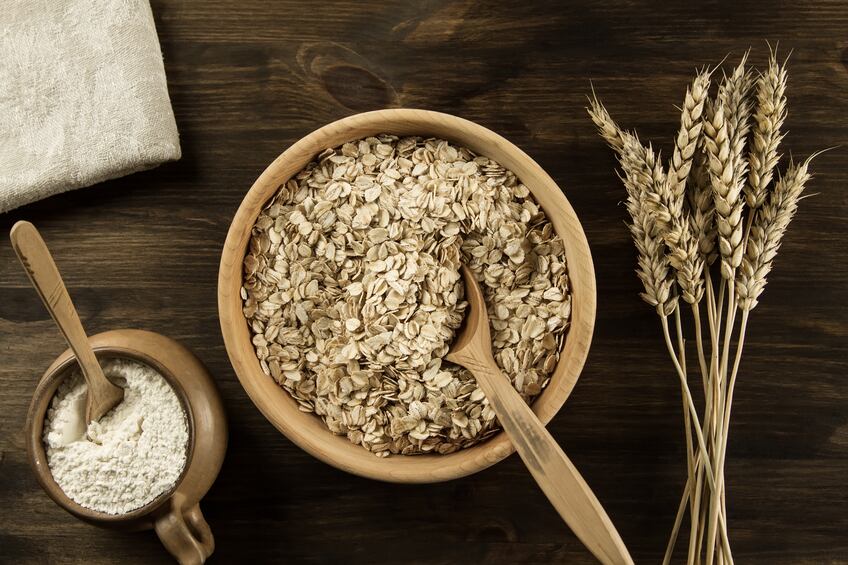
Finnish firm Polar Glucan creates plant-based products from oats, vegetables, berries, fruits and appropriate raw materials for use in plant-based meat and dairy alternatives and plant-based protein structures.
It blends oats with ingredients such as cereals, rice, fava bean, quinoa, berries, fruits, dates and proteins and use flavors that are familiar. Application examples include vegetable meat analogues and protein smoothies. It claims it is continuously developing several plant-based products such as drinks, emulsions, spreads, ice cream, and options for vegetable nougat, cheese, meat and fermented products. It will be presenting new applications at stand 7C36.
Image: iStock/Skorpion1

Avebe (booth 6C91) supplies potato-derived ingredients for dairy-free foods and gelatine-free confectionery. It claims its innovative concepts are suitable to meet various consumer needs. The Dutch company recently developed a 100% plant-based alternative to cheese with no ‘off-taste’ and a dairy-like melt. The vegan cheese has a ‘good stretch’ when melted so suitable for use in pizza products, lasagnes, croquw monsiers, gratins, fondues, wraps and cheese sauces.
Image: GettyImages/Frantic00

Loryma makes textured wheat protein which it says can improve the texture, taste and nutritional value of meat products as well as vegetarian and vegan alternatives.
Its textured wheat proteins are 100% plant-based protein source and boast a unique meat-like texture and unique crunchiness. They are neutral in odour and flavour, come in various forms and colours and can be used in many applications. It’s at stand 6G140.
Image: iStock-kavram
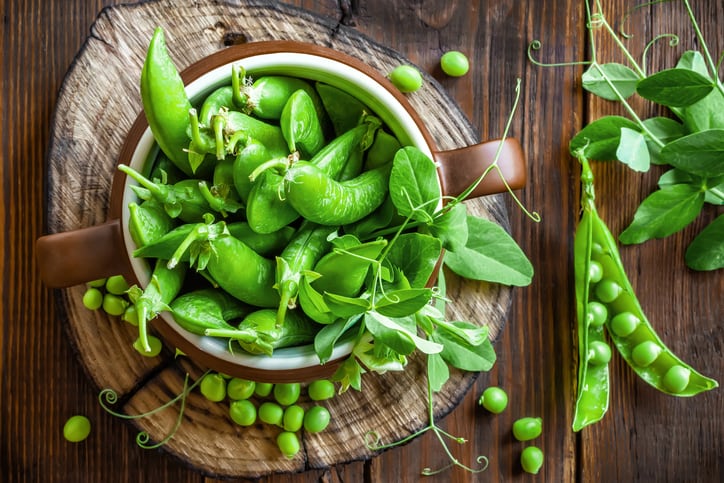
Roquette (at stand 6C70) offers a range of ingredients based on pea fibre and pea protein for plant-based foods, from dairy-free ice cream to meat alternatives;
It says its soluble pea protein enrichment can serve as soy and milk alternatives across many food applications including various baking, dairy and sports nutrition.
Its wheat protein is a soluble protein obtained from vital wheat gluten which it claims is an affordable and efficient protein source for protein fortification in cereal-based goods.
Image: iStock
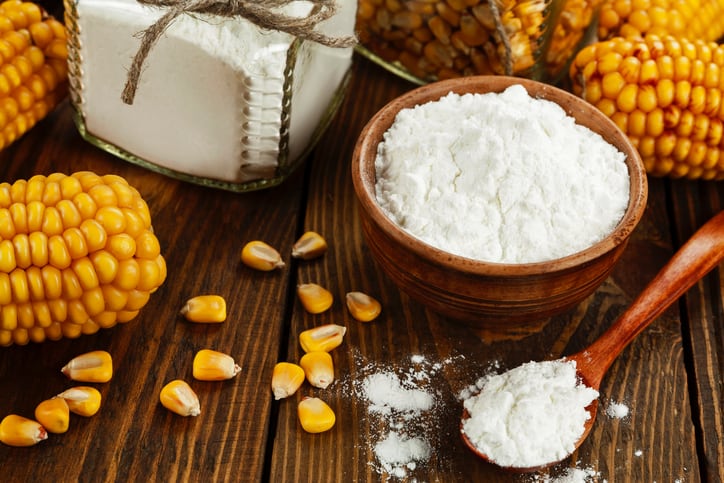
Egypt-based Tiba Starch & Glucose Manufacturing Co. makes rice protein that can be used in beverages, sprinkled on cereals and yogurt, and added to cooked dishes to boost the protein content without adding a lot of fat or calories. Rice protein, it says, is more easily digestible than soy and doesn’t contain the allergens that are typically found in whey and soy. It’s at stand 7C36.
Image: iStock/minadezhda




